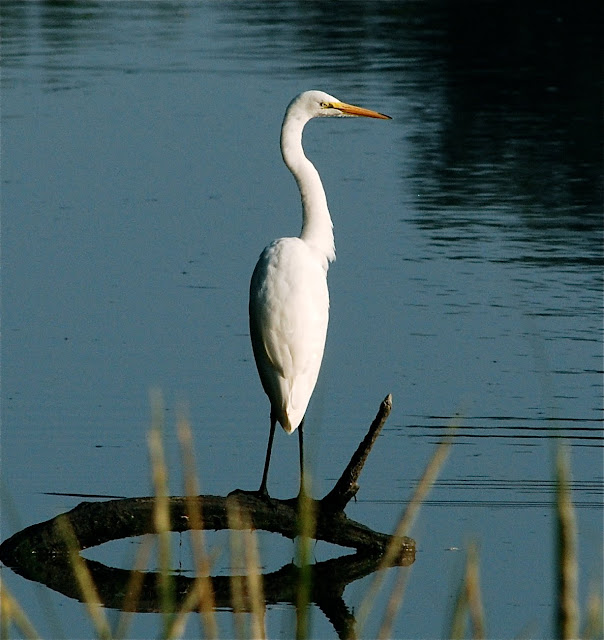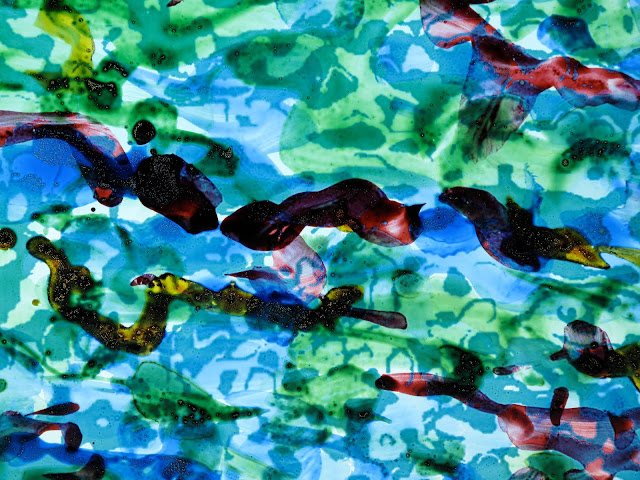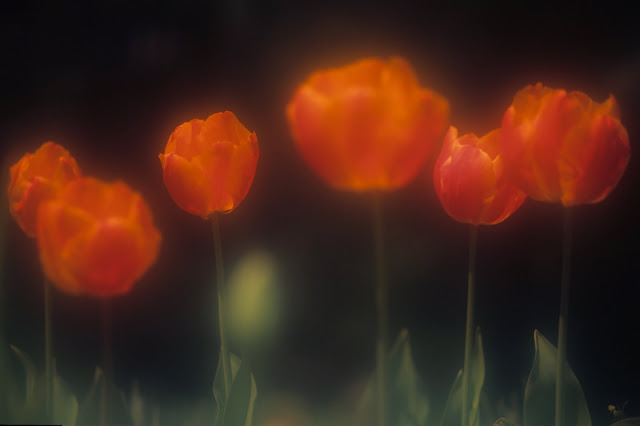Eastern Tiger Swallowtail and Skipper on Mimosa
Einstein once said that there are only two ways to live your life. "One as though nothing is a miracle. The other as though everything is a miracle." Let it be said that I belong to the second group. When I look in any direction, I am left in awe and wonder at the miracles of life. They rise from the earth, they dance upon the wind, they sparkle in the night sky, they are anywhere and everywhere. They are freely given, they are manifestations of grace, and they ask nothing of us in return, except perhaps that we find time to pay attention to their resplendent, life-affirming beauty.
During the past couple of days, I have tried to slow down and pay more attention to the miracles occurring moment to moment in my own backyard and places nearby. What I have discovered is nothing less that miraculous — life unfolding in more colors and more varieties than one can ever quite imagine. Enjoy!
During the past couple of days, I have tried to slow down and pay more attention to the miracles occurring moment to moment in my own backyard and places nearby. What I have discovered is nothing less that miraculous — life unfolding in more colors and more varieties than one can ever quite imagine. Enjoy!
Common Buckeye
Israel Baal Shem"The world is full of wonders and miracles but man takes his little hand and covers his eyes and sees nothing."
Blue Dasher Dragonfly on Arm
of Chair Against Background of Blue Bucket
of Chair Against Background of Blue Bucket
Walt Whitman"To me every hour of the day and night is an unspeakably perfect miracle."
Common Buckeye
"You can become blind by seeing each day as a similar one. Each day is a different one, each day brings a miracle of its own. It's just a matter of paying attention to this miracle."
Paul Coelho
Sugar Tyme Crabapples
"The invariable mark of wisdom is to see the miraculous in the common."
Silver Spotted Skipper
"The visible mark of extraordinary wisdom and power appear so plainly in all the works of creation."
John Locke
Ruby Throated Hummingbird (Female)
"People usually consider walking on water or in thin air a miracle. But I think the real miracle is not to walk either on water or in thin air, but to walk on the earth. Every day we are engaged in a miracle which we don't even recognize: a blue sky, white clouds, green leaves, the black, curious eyes of a child—our own two eyes. All is a miracle."
Skipper
"Miracles, in the sense of phenomena we cannot explain, surround us on every hand; life itself is the miracle of miracles."
George Bernard Shaw
Great White Egret
"There is nothing that God hath established in a constant course of nature, and which therefore is done every day, but would seem a Miracle, and exercise our admiration, if it were done once."
Skipper
"All change is a miracle to contemplate; but it is a miracle which is taking place every second."
Thoreau
I still haven't identified this creature, which appears to be on its way to becoming a butterfly. Any help would be most appreciated.
"If we could see the miracle of a single flower clearly, our whole life would change."
Buddha
Zebra Swallowtail
"The age of miracles is forever here."
Thomas Carlyle
Silver Spotted Skippers
"It is a miracle that curiosity survives formal education."
Albert Einstein
Great Blue Heron
"Everything is a miracle. It is a miracle that one does not dissolve in one's bath like a lump of sugar."
Picasso
American Bumble Bee
"Thy life's a miracle. Speak yet again."
Shakespeare,
King Lear
Common Buckeye
Have a wonderful day
and
expect miracles!











































